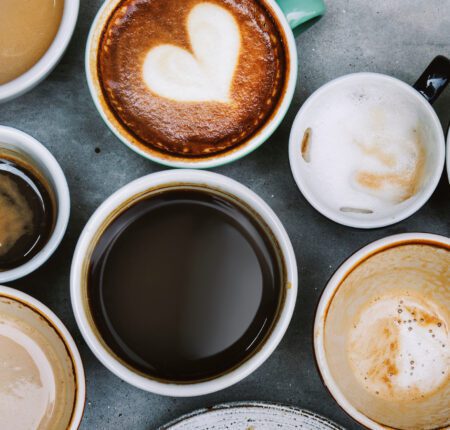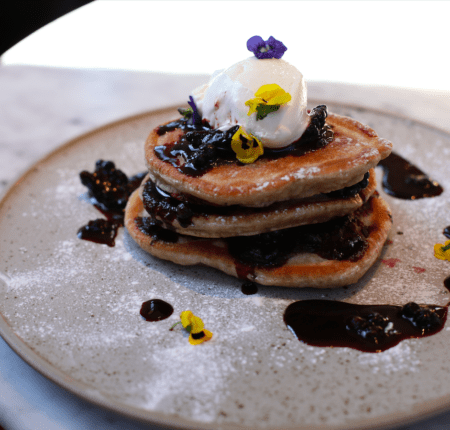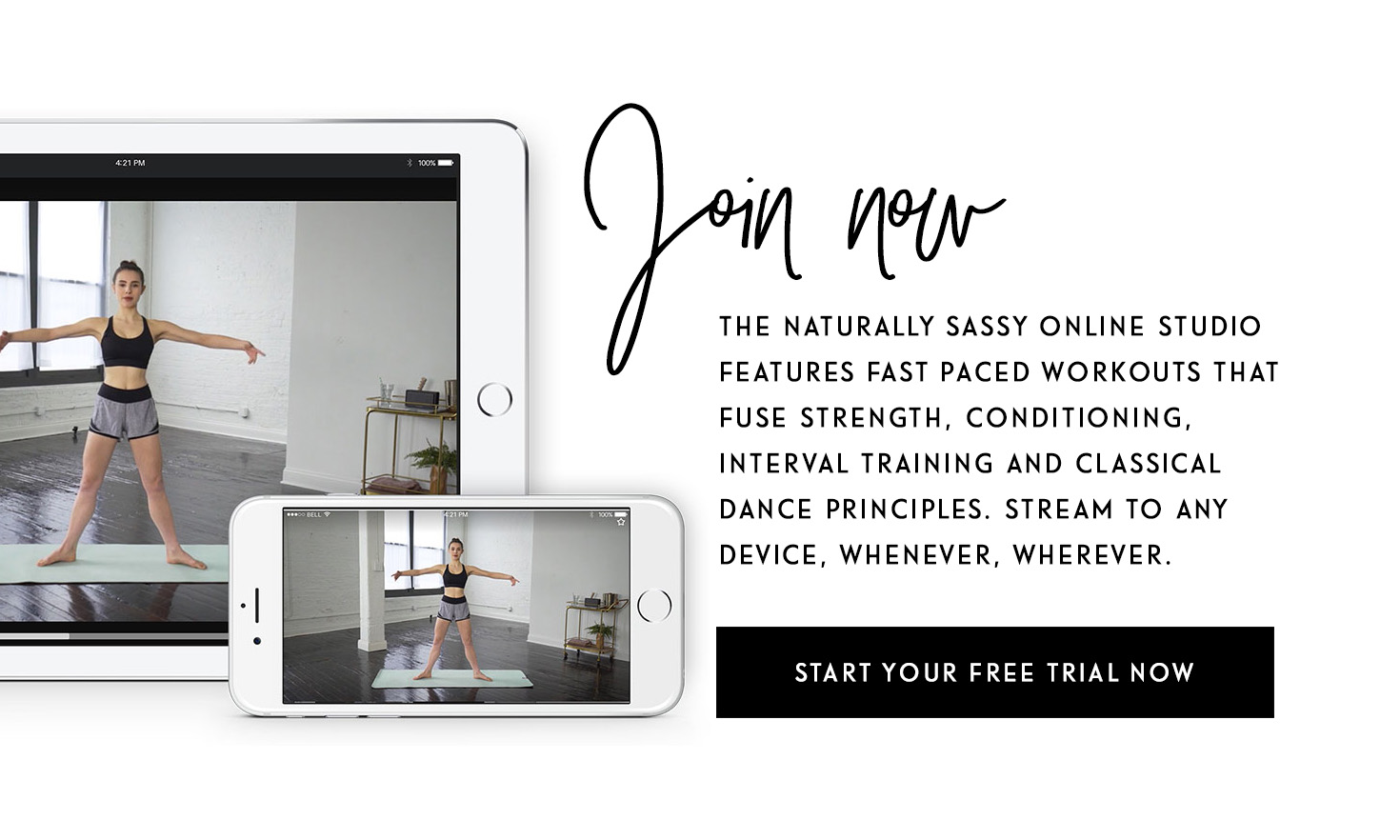When it comes to food as a tool for aesthetic goals, most of us are pretty impatient. We want results yesterday, and why wouldn’t we? The problem with this need for everything now, means leaning to fad-diets and quick-fixes that don’t work forever. The sad truth is all long term changes to your health don’t happen quickly, you have to be patient to create new habits and see the results. There’s no magic pill. This blog post is highlighting 3 of the biggest diet mistakes that I see often with my friends and personal training clients.
Protein
We all can think about that one friend who preaches “Just lift and eat a ton of protein”….they’re not entirely off mark, but they didn’t say eat that protein with a ton of synthetic sweeteners. Diets can obsess over one macronutrient, and many food products key marketing tool is the volume of one they champion. Don’t be fooled, just because said product has 20g of protein, does not mean it is necessarily ‘healthy’. When thinking about the amount of protein you need to obtain in your diet there’s a very simple calculation you can do on your own.
The US Department of Agriculture recommends that men and women over the age of 19 should get a minimum of 0.8 grams of protein per kilogram of body weight per day. So to work out how much you should be getting multiply your weight in kg with 0.8. Those who intensely train 5-7 days a week should be getting 1.2-1.7g per kg of body weight.
Point 3 is incredibly useful in putting this into play, as more often than not I actually see clients over consuming protein rich foods that are also incredibly high in saturated fat. It’s so important to be aware of the whole picture when using supplements, or specific protein-rich snacks.
Skipping Meals
When I talk about skipping meals, I’m not talking about Intermittent fasting. I’ll often push my first meal later into the day, and eat three meals slightly closer together. However, there is a huge trend for missing meals all together and this is not healthy. The whole point of using food as a tool for aesthetic goals is building you to be a stronger, healthier person with a body that you feel represents that. If you’re physically exhausted and under nourished those things aren’t possible or maintainable. The idea of food as fuel is a really useful one when thinking about the way you view nourishing your body, you need it to perform well.
The other side of skipping meals, is then feeling ravenous and going into a starve and binge cycle. Be kind to your body and digestive system, giving it drops of energy along the way and not leaving your tank empty or overflowing. Prioritise a healthy relationship with food, always.
Mis-understanding macronutrients
To really understand what you’re eating consider ‘tracking’ it, not forever, but for a short period of time to understand what makes up the majority of your food intake. There’s a lot of controversy around calorie counting or tracking macros, and I think this stems from the mindset.
What is a calorie, do you ever think about it? A calorie is a unit of heat energy. Our bodies see calories as it’s energy to produce heat, which fuels our body just like charge powers the device you’re reading this on. Somewhere along the way calories changed from being a measure of energy, to being almost solely associated with restriction and diet culture.
In my opinion calories are a really useful tool to understand how much energy you need to fuel your body. Are you under nourishing it, is that why you get that 4pm slump or is it simply because you need to get up from your desk and do the macarena for morale?!
Personally I find it to be an incredibly useful tool with myself and the personal training clients I see, making sure I consume enough energy (calories) for my increased or reduced activity level, and have a well balanced diet across carbohydrate/fats/protein (macronutrients).







